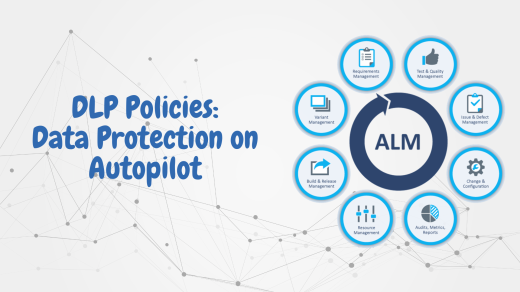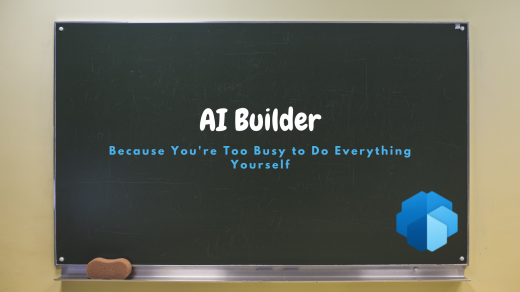Knighting Your Champion
Who & What Are Champions
Well, we all are, aren’t we? But more specifically, champions in relation to a Power Platform adoption are usually the ones who will drive your adoption to success.
A Power Platform champion is an individual within your organisation who will advocate for the adoption, its use and the enablement of the Power Platform and its products. Usually, this person has a deep conceptual and technical understanding of the Power Platform products and its ecosystem as a whole, or is on a path to learning it. With this knowledge, they can assist with leveraging its capabilities to drive business value and enablement.
Finding Your Champion
Personally, the way I stumbled across the Power Platform was through exploring what products my Office 365 included (and I was in a manufacturing industry, so completely non tech related). I started exploring further, trying new things and was eager to test what I could achieve through the Power Platform. Similar to my story, organisations that already hold Office 365 licensing, most likely have individuals exploring through the suite and are testing some cool products. These are are your champions. They may not have the knowledge and skills just yet, but they have the ambition, drive and eagerness to explore, grow and adapt rapidly.
If you have already heard of, considered or even adopted the CoE Stater Kit, you will be able to quickly identify who is creating what and where they are exploring. The CoE dashboard could help you identify your champions early in your adoption phase.
The Job Spec
Obviously appointing a champion bestows additional responsibilities upon them. Be sure that they understand these new responsibilities and are happy to work with you to create an environment of enablement and adoption. As the stakeholders, it’s also important to explain that you understand the additional responsibilities champions are taking on, and are willing to trust them and support along the journey.
Working alongside adoption stakeholders, champions play a major role in encouraging fellow colleagues to try and adopt the Power Platform by guiding them as to how they can utilise it themselves making their day to day tasks simpler and more efficient. Aside from simply evangelising the platform and how they can benefit from it, champions should also encourage users to try build in the platform as well. This starts to push the adoption boundaries of enablement. By users creating their own low-code solutions they envision, a sense of personal understanding outlining the benefits of the platform strengthens your adoption strategy.
A crucial responsibility that the champion holds, is communicating feedback to the adoption stakeholders. Creating that link between the organisations users and adoption stakeholders enables the champion to act as a liaison ensuring that constructive feedback is communicated both ways driving a more streamlined and successful adoption.
The Future
Electing champions is not just about getting your adoption over the line, its a continuous journey expanding the platform in your organisation by implementing frameworks and governance. These frameworks, such as Application Lifecycle Management (ALM) and Center of Excellence (CoE) shouldn’t be seen as restricting the platform, but rather as enabling further adoption, development and growth through safe and managed guidelines.
As your adoption continues, so will the need to train your champions and users. At this point, it may be ideal to elect your champions as the go-to people for Power Platform support, or even make them the platform admins and allow them to build the frameworks alongside the organisation.
Ultimately, it remains the organisations responsibility to ensure that champions can continue growing and exploring. With incentive programs recognising contributions, commitments and growth, you can reward and grow more champions, contributing to a continuous and successful adoption strategy whilst encouraging and ensuring career growth and user enablement.




